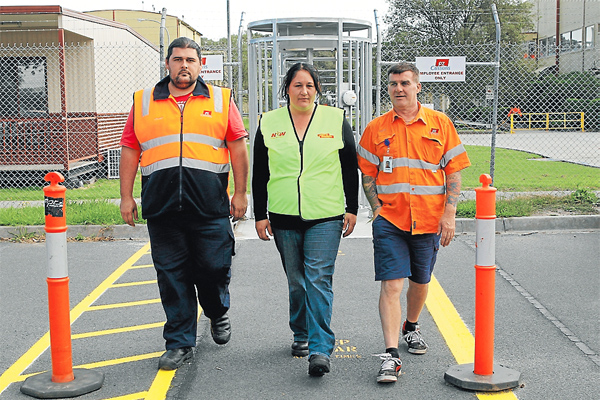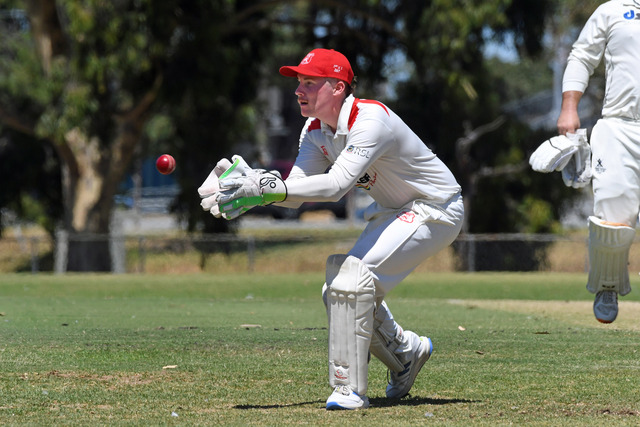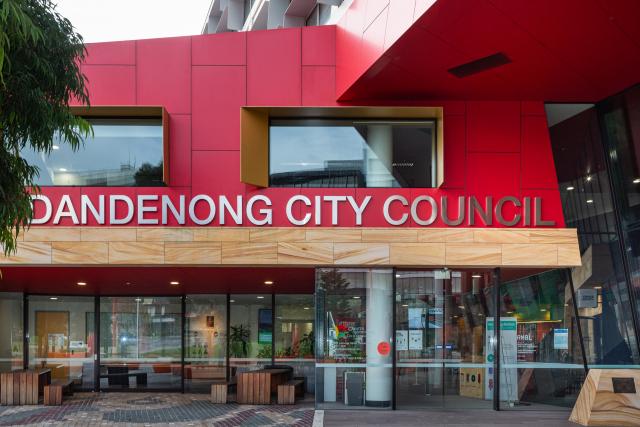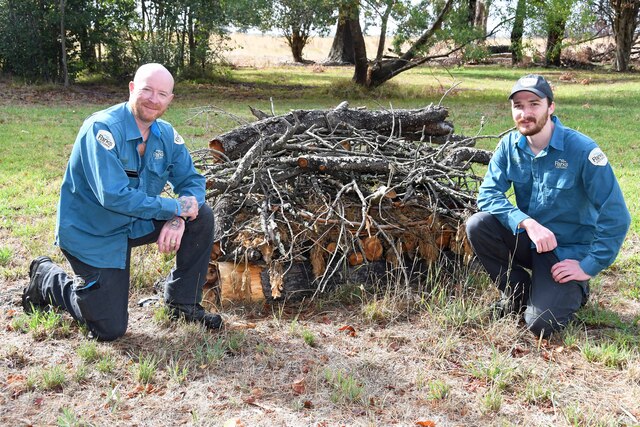By CAMERON LUCADOU-WELLS
WHAT DO YOU THINK? SCROLL TO BELOW THIS STORY TO POST A COMMENT.
SINGLE mother of seven Harri White was struggling to know where to turn last week after she would lose her job at soap manufacturer Cussons.
She was in hospital last Tuesday, supporting a daughter undergoing surgery, when she got a call to come back to work at PZ Cussons Dandenong factory last week.
At an all-staff meeting was the bombshell announcement that she and 80 colleagues were to lose their jobs.
The multinational employer, which makes soap and detergents such as Morning Fresh, would stop production on July 31. Eleven jobs will also be lost at the company’s Mulgrave headquarters.
“I’m devastated,” said Ms White, a plant operator at Cussons for six years. “My older ones were in tears – it’s now all out of our control.”
She and her colleagues join a growing jobs queue in a declining manufacturing sector, with about 3800 full-time manufacturing jobs lost in Melbourne’s south-east in the 12 months up to February this year.
“Where’s the Australian economy now? It’s not in skilled manufacturing – I can’t just reskill myself; I can’t upgrade myself.”
PZ Cussons announced the closure as part of a “broader restructuring” of its Australian business, with manufacturing to be moved interstate and overseas.
Managing director Chris How said the company’s “first focus” was to support its staff in “this difficult situation”.
He said workers would be helped to “be as competitive as possible” and put into reskilling and retraining programs as they searched for work.
“We’ve had discussions with other manufacturers in the south-east about employment opportunities. I don’t want to raise expectations for staff – it’s in the early stages – but it has some promise.”
He said the decision was made as part of a global review, and in consultation with the main office in the UK. “It’s a very difficult decision but the right one for the business.”
National Union of Workers organiser Tim Kennedy said he was worried by the loss of “good, middle-class, full-time jobs”.
“These people won’t have an income in a few months and they face the prospect of insecure, casual work where you don’t know how many hours you’ll get each week.”
Manufacturing Minister Richard Dalla-Riva said he was “extremely disappointed” by the closure. “The Victorian government understands the tough challenges facing manufacturing. We stand ready to offer what support we can – however, in this instance, no support was sought from the Victorian government.”
Opposition manufacturing spokesman Adem Somyurek said the government needed to “formulate a jobs plan before it is too late for the thousands of Victorians who are now underemployed and in more precarious manufacturing jobs”.
PINK SLIPS
Manufacturing slump in the south-east
FULL-TIME JOBS
February 2011: 36,300
February 2012: 32,500, down 3800
PART-TIME JOBS
February 2011: 4400
February 2012: 5100, up 700

















